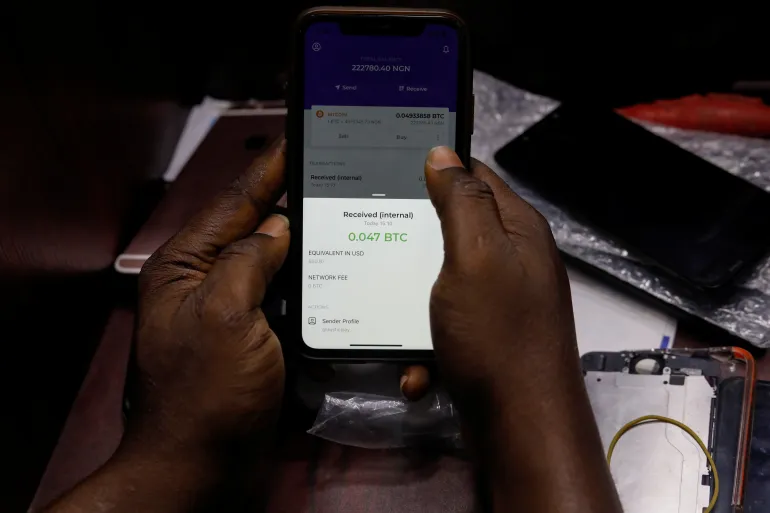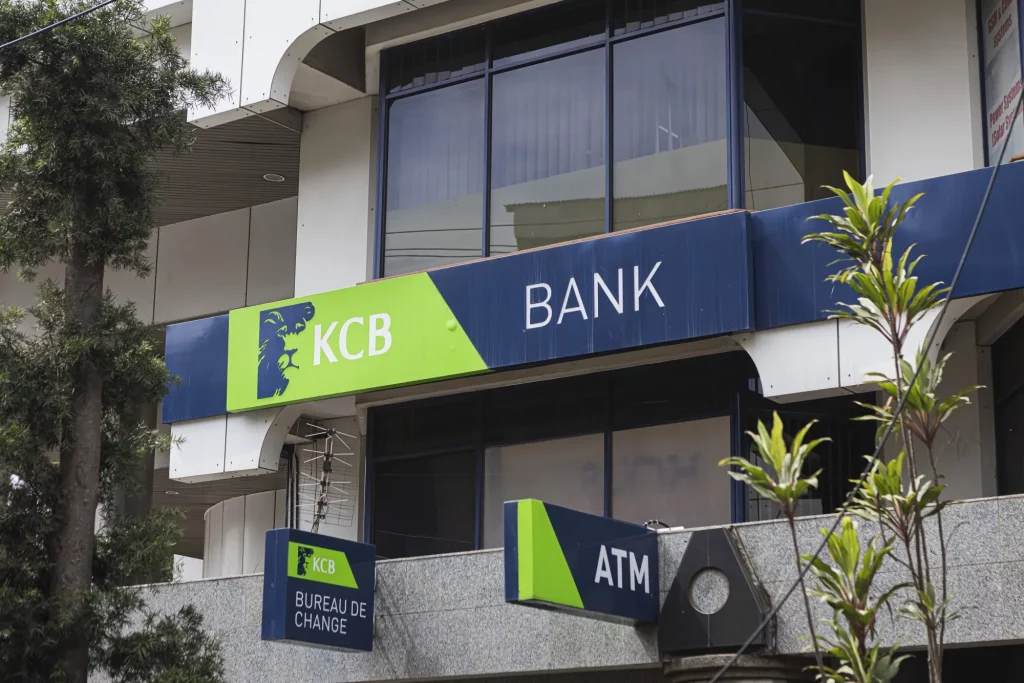
First published 22 September, 2024
Startup accelerators started in the early 2000s as a way to support early-stage companies. Accelerators offered founders a structured environment with mentorship, resources, and, often, seed funding. While several accelerators were initially established, Y Combinator, launched in 2005, has arguably been the biggest success story.
Accelerators invest a small amount of money in a group of startups and expect them to grow quickly. Y Combinator, which runs its program several times a year, invests $500,000 in each startup and takes about 7% of the company. The program lasts 12 weeks and ends with a “Demo Day,” where startups present to investors. Many Y Combinator startups have been very successful in raising more money.
Next Wave continues after this ad.
Despite extensive and positive media coverage, accelerators show dynamics that can create inefficiencies that leave portfolio firms vulnerable to “valuation bubbles.”
Remember that accelerators typically provide detailed information about the startups they are nurturing. This information includes startup profiles, performance metrics, investment highlights, progress updates, and financial projections. However, there is a risk that accelerators may selectively disclose information or withhold negative details to present a more positive picture of their portfolio companies.
The practice, also called “cherry-picking,” can mislead investors with less accurate screening technology, leading to overvaluations, which lead to negative consequences in the long run.
Next Wave continues after this ad.
Accelerators often have proprietary information about their portfolio firms that investors may not have access to. This informational asymmetry can influence their decision to disclose only positive signals, even when startups hit a few roadblocks. For instance, accelerators may be aware of internal issues, such as product delays or team conflicts, that could negatively impact a startup’s prospects. However, they may choose to downplay these issues to maintain a positive narrative and attract investors.
Another factor driving selective disclosure is the accelerator’s desire to preserve its reputation. Accelerators can create a perception of their ability to identify and nurture high-potential ventures by consistently highlighting successes and minimising failures. This positive image can attract more entrepreneurs and investors to boost the accelerator’s brand and reputation.
Next Wave continues after this ad.
This is not an attack on accelerators since they help certify the value of portfolio ventures to outside investors. Some accelerators have also admitted that they can lose money from failed investments because their business is structured to cushion such losses.
A key issue, however, is the time inconsistency problem, where accelerators grow their portfolios beyond the profit-maximising size, which leads to less precise signals.
However, portfolios still fall short of efficient size, and subsidies could help. Another inefficiency arises when accelerators only reveal positive sides to boost profits, exit early, and back less promising ventures, which inflate valuations in top accelerator portfolios.
Next Wave ends after this ad.
Kenn Abuya
Senior Reporter, TechCabal
Thank you for reading this far. Feel free to email kenn[at]bigcabal.com, with your thoughts about this edition of NextWave. Or just click reply to share your thoughts and feedback.
We’d love to hear from you
Psst! Down here!
Thanks for reading today’s Next Wave. Please share. Or subscribe if someone shared it to you here for free to get fresh perspectives on the progress of digital innovation in Africa every Sunday.
As always feel free to email a reply or response to this essay. I enjoy reading those emails a lot.
TC Daily newsletter is out daily (Mon – Fri) brief of all the technology and business stories you need to know. Get it in your inbox each weekday at 7 AM (WAT).
Follow TechCabal on Twitter, Instagram, Facebook, and LinkedIn to stay engaged in our real-time conversations on tech and innovation in Africa.

























